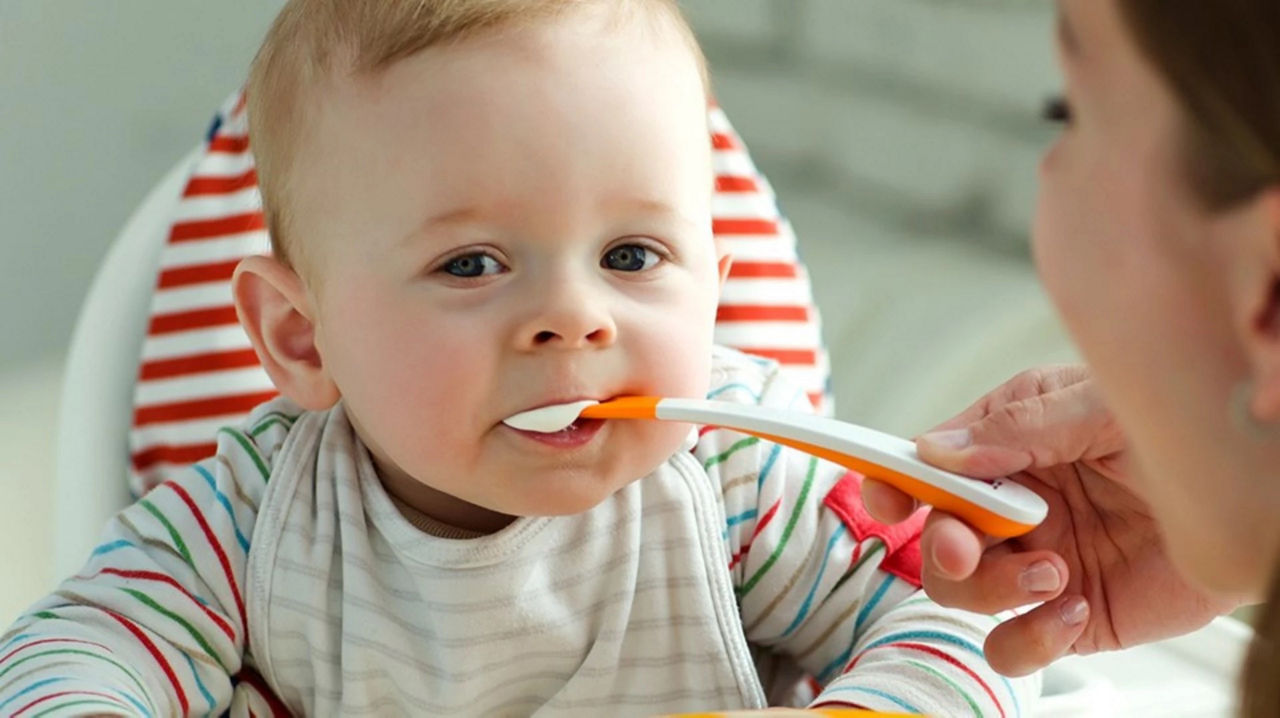If you think your baby is having digestive trouble, you should visit your GP who can help with a diagnosis. It might be that your baby is referred to a paediatric dietician for more expert care.
If you suspect that your baby is lactose intolerant, you shouldn’t make any changes to your baby’s diet unless instructed to do so by your doctor or other healthcare professional. This is because it’s important to ensure that your baby continues to get all the nutrients they need. Of particular importance is calcium, which the body often gets from food which also contains lactose. If there’s insufficient calcium in the diet, this can affect normal bone development3.
Any recommended treatment will depend on how severe your baby’s lactose intolerance is. It might be that your baby is able to tolerate small amounts of dairy and other foods containing lactose without experiencing any symptoms at all2.
If you’re breastfeeding, you should continue doing so, as it has numerous benefits for both you and your baby. It’s worth knowing that the amount of lactose in your own diet isn’t related to your baby’s intolerance, so eliminating lactose from your diet won’t make a difference here. If you think your baby may be reacting to the lactose in your breast milk, the best thing to do is seek advice and guidance from your GP.
If your baby is formula fed, your GP or paediatric dietitian may recommend a lactose-reduced or lactose-free infant formula milk for your baby.
If a lactose intolerance is managed and your baby is monitored, it won’t affect their development. Identifying lactose intolerance early means that your baby will feel well again and get the nutrients they need for this stage of their development and their future growth.





